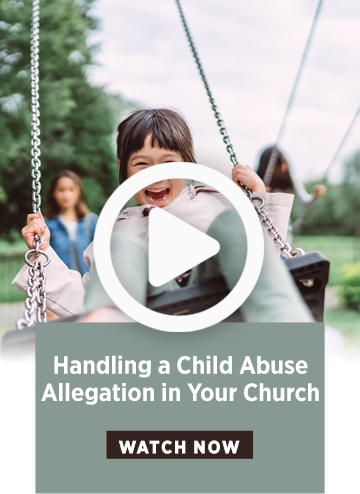• Can a public elementary school legally ban the Bible from the school library and prohibit a teacher from reading a Bible silently during classroom hours? These were the issues before a federal district court in Colorado. The court concluded that the school had acted improperly in banning the Bible from the school library. Noting that a school library is “a place where students must always remain free to inquire, to study and to evaluate,” the court concluded that “it is inconceivable that the Bible should be excluded from a school library.” Aside from maintaining a Bible in a public school library, the court emphasized that public schools can use the Bible “as part of a secular course of study.” It observed: “A study of American history would be incomplete without reference to the Bible. The American revolution and the founding of our country cannot be taught without a discussion of religious freedom and occasional references to the Bible. Likewise, it would be impossible to understand the civil rights movement of the 1960’s without reference to religious groups and their beliefs in Christianity and the Bible. The study of literary works, such as Shakespeare, Milton, and Dante, is greatly enhanced by reference to the Bible. A study of the evolution of agricultural practices finds that Biblical law prescribed giving the land a rest every seventh year (Exodus 23), an accepted practice in today’s agricultural science. An inquiry into the roots of our modern day privilege against self-incrimination would be incomplete without reference to the Bible. The Bible’s Song of Solomon may be as fruitfully studied for its poetic qualities as its religious precepts.” The court did order the removal of two religious books (The Bible in Pictures and The Life of Jesus) from a fifth grade classroom library—noting that a teacher had placed them in the library solely to advance his own religious views and not as part of “a secular, historical course of study approved by the [school board] as part of the curriculum for fifth grade students. The court also prohibited the fifth grade teacher from reading his Bible during classroom hours in front of his students, citing the “vulnerability” of fifth graders to the “examples set by their teachers. “It is unrealistic,” concluded the court, “to think that bright, energetic students are oblivious to what their teacher reads.” Roberts v. Madigan, 702 F. Supp. 1505 (D. Colo. 1989).
© Copyright 1989, 1998 by Church Law & Tax Report. All rights reserved. This publication is designed to provide accurate and authoritative information in regard to the subject matter covered. It is provided with the understanding that the publisher is not engaged in rendering legal, accounting, or other professional service. If legal advice or other expert assistance is required, the services of a competent professional person should be sought. Church Law & Tax Report, PO Box 1098, Matthews, NC 28106. Reference Code: m47 c0489




